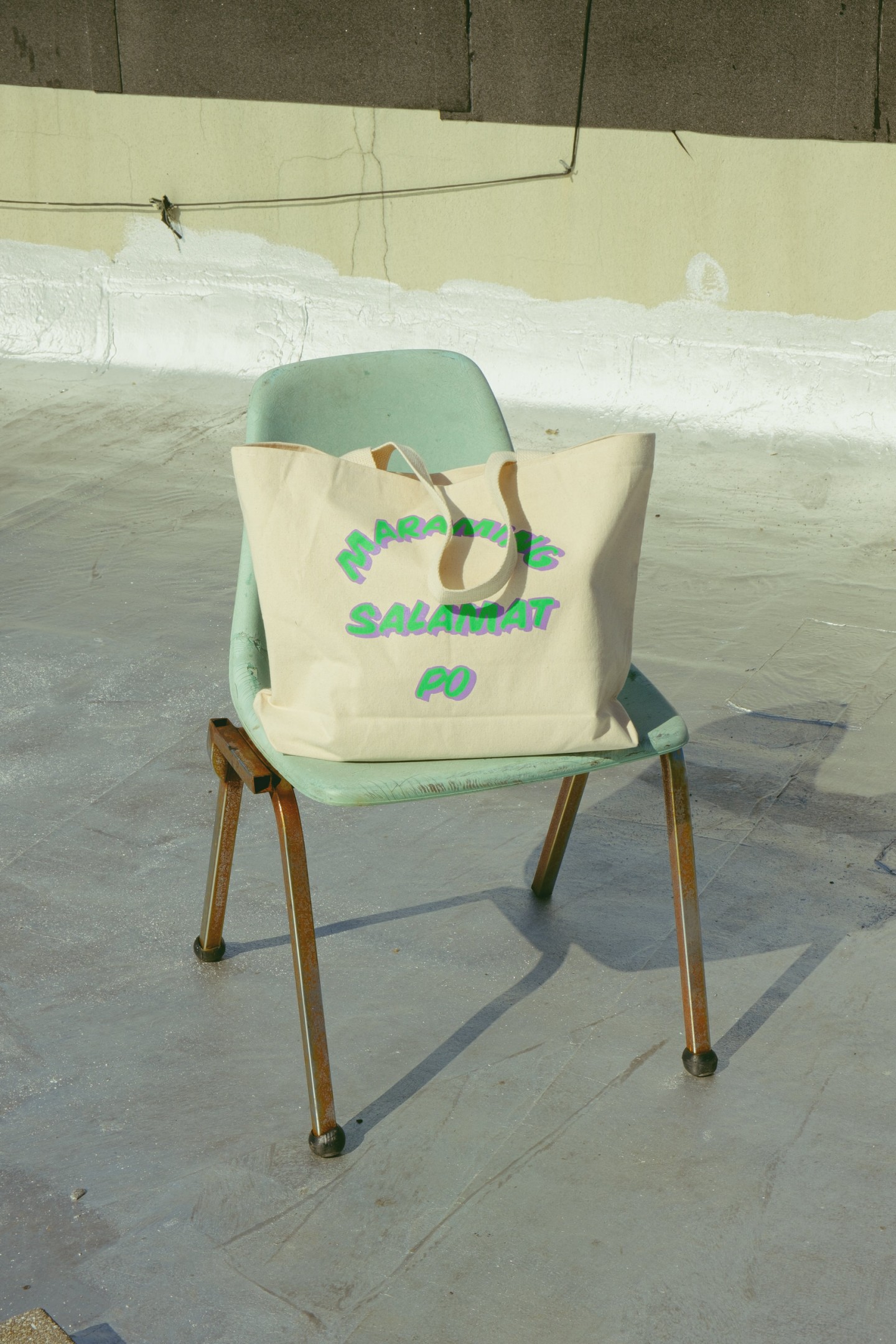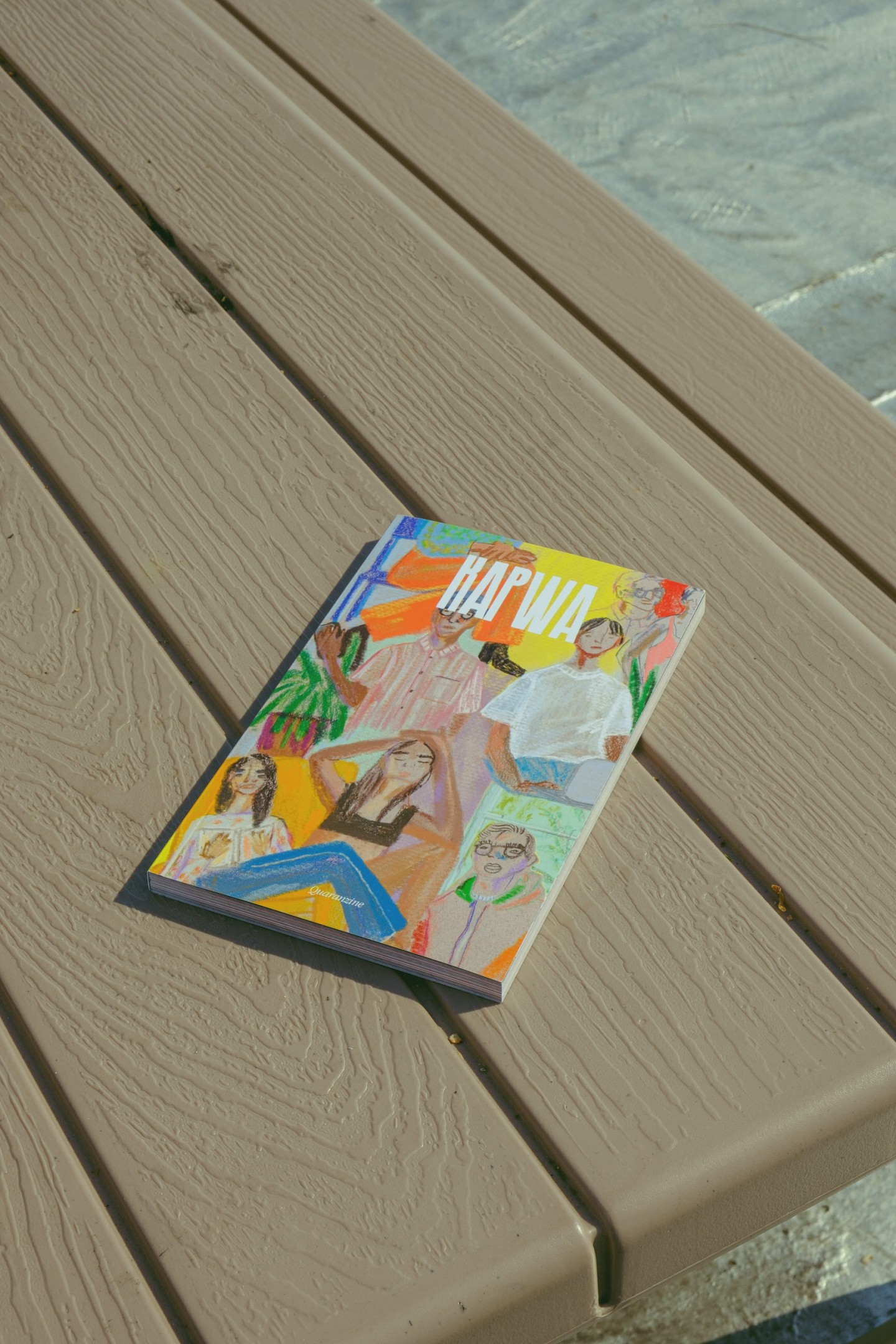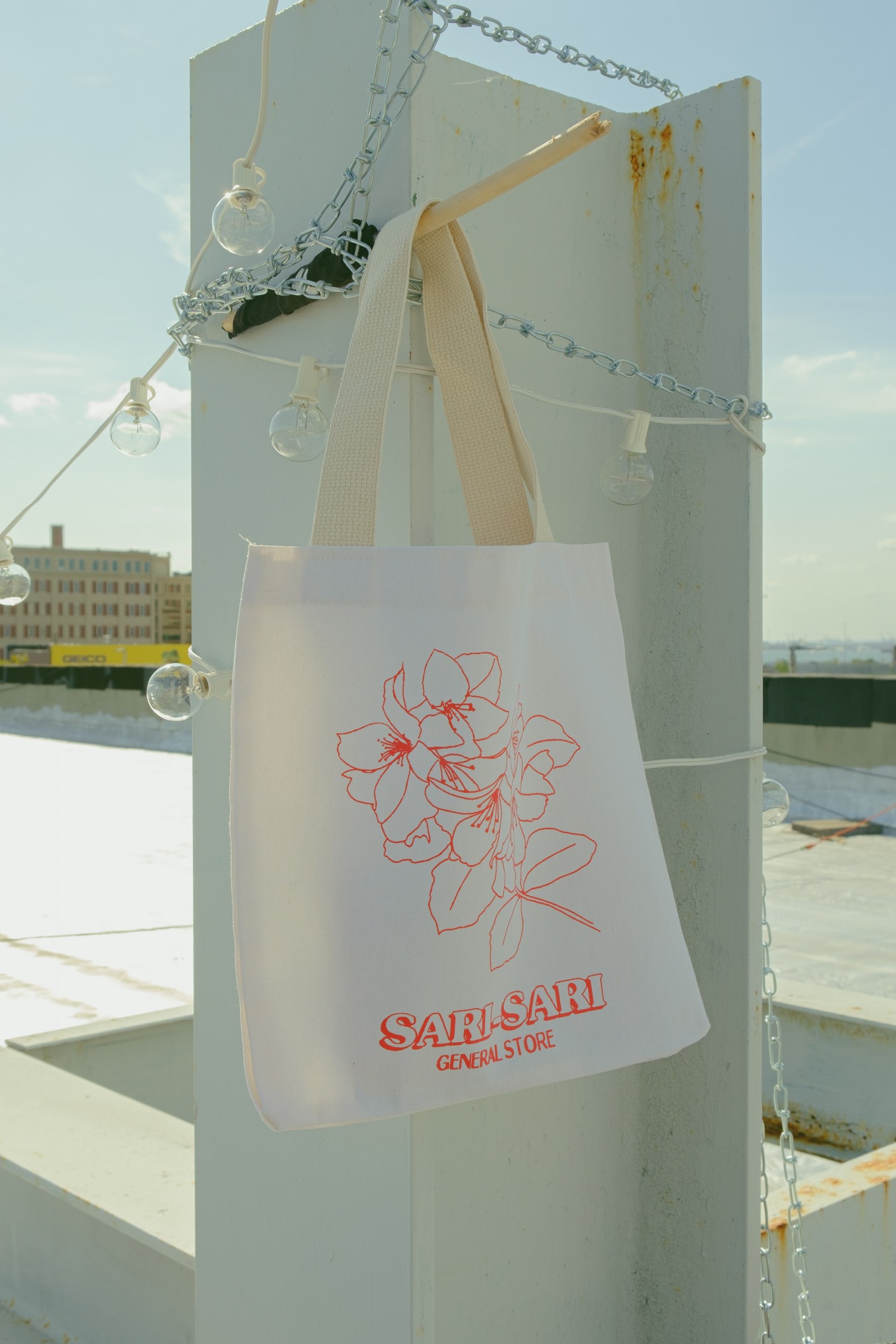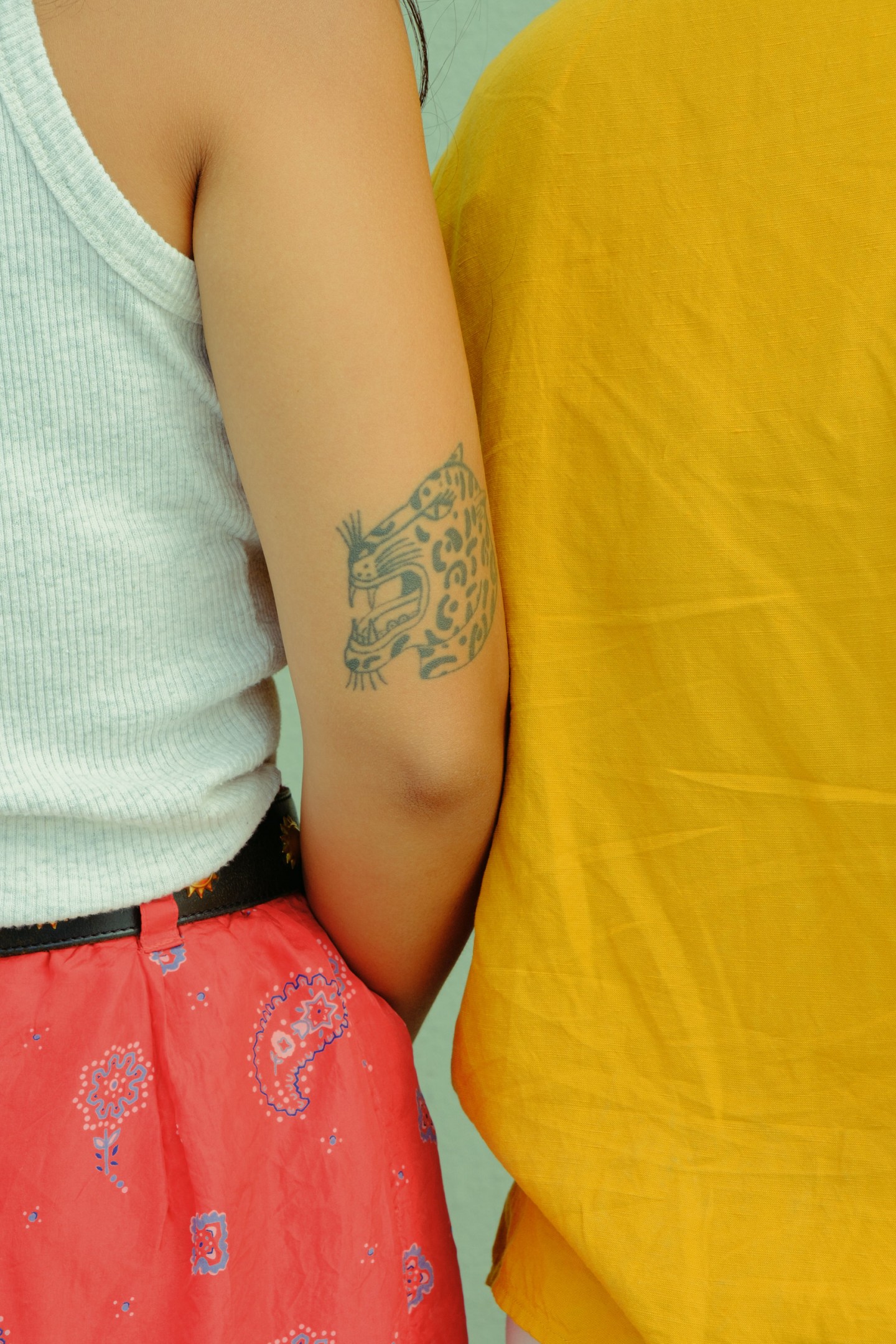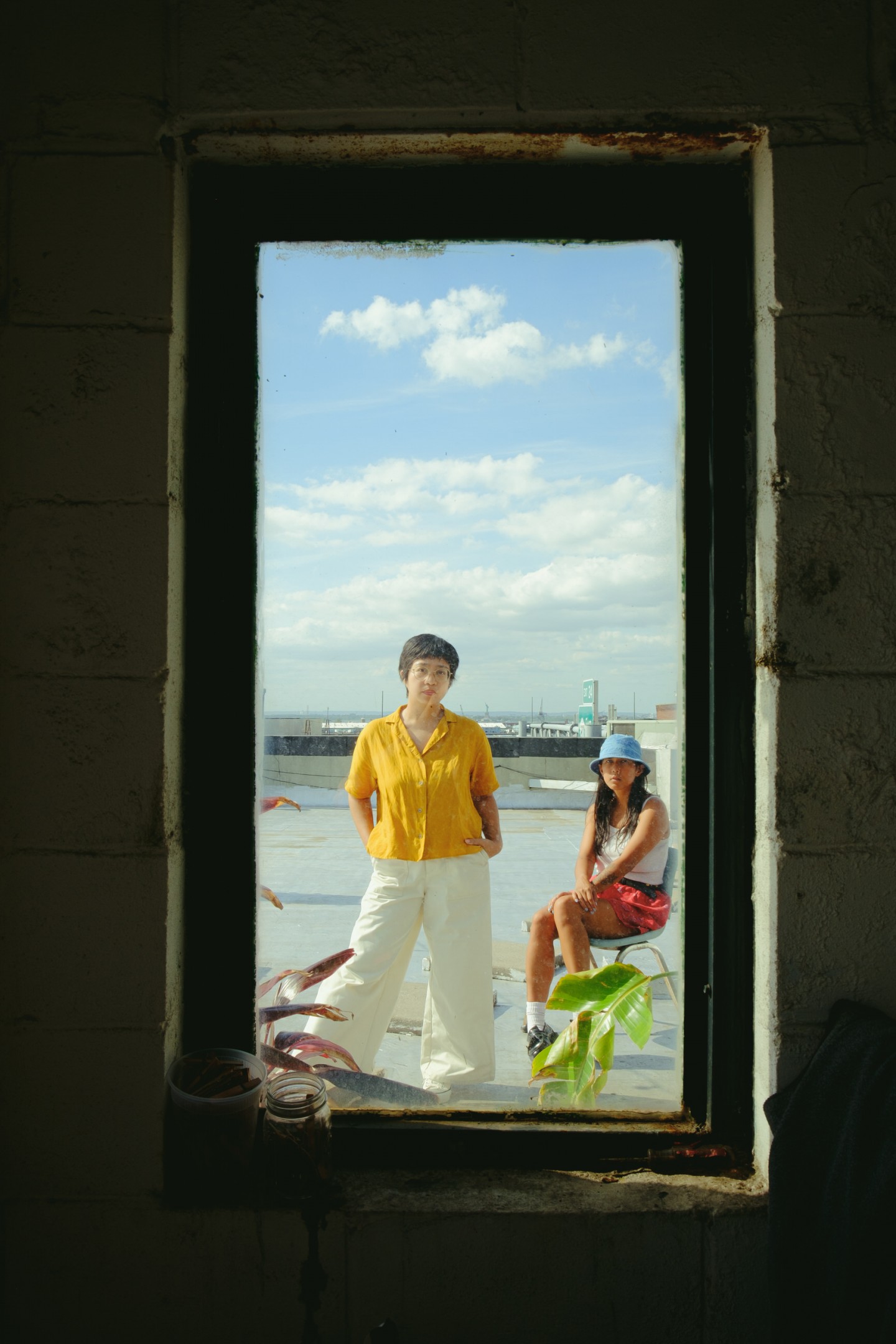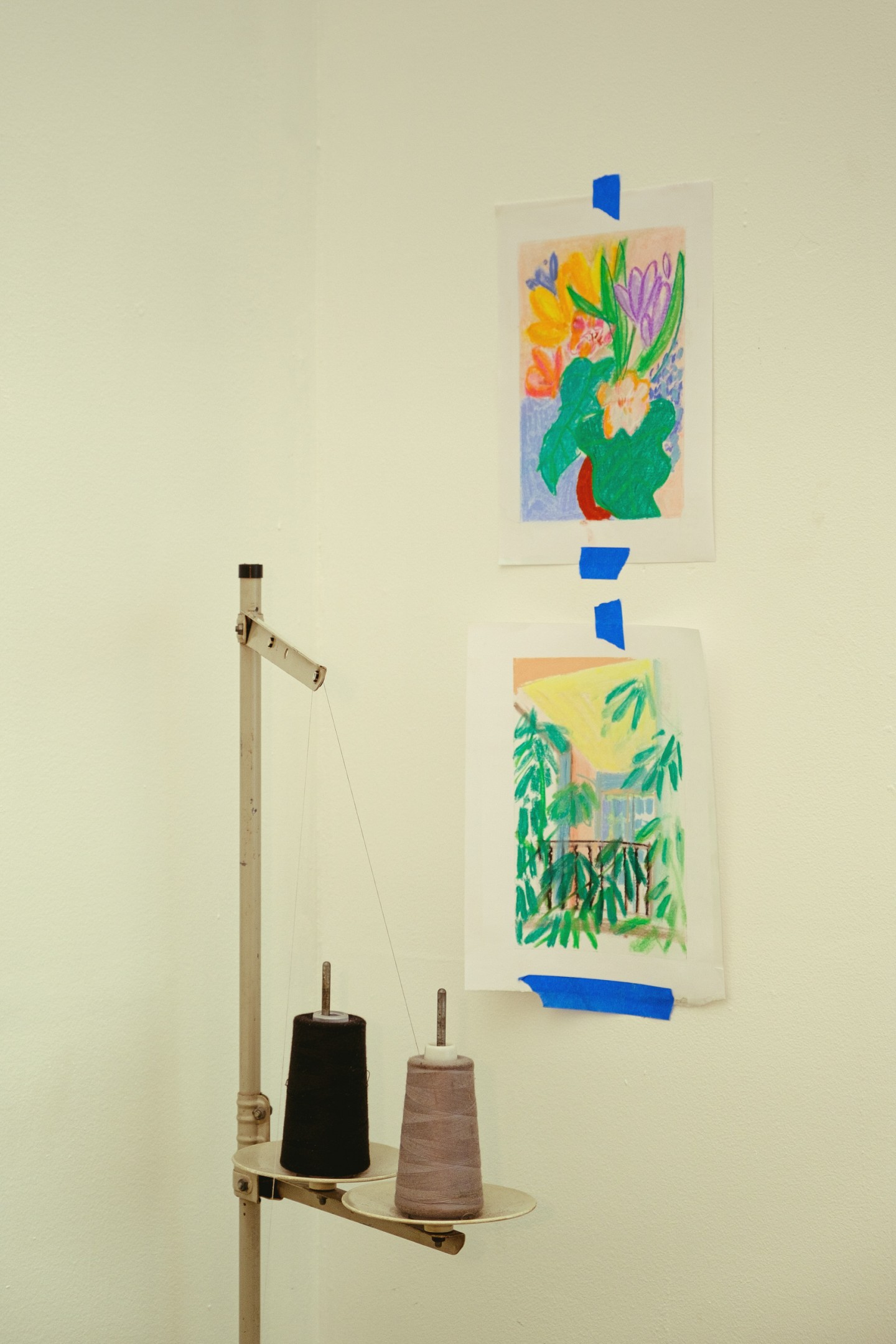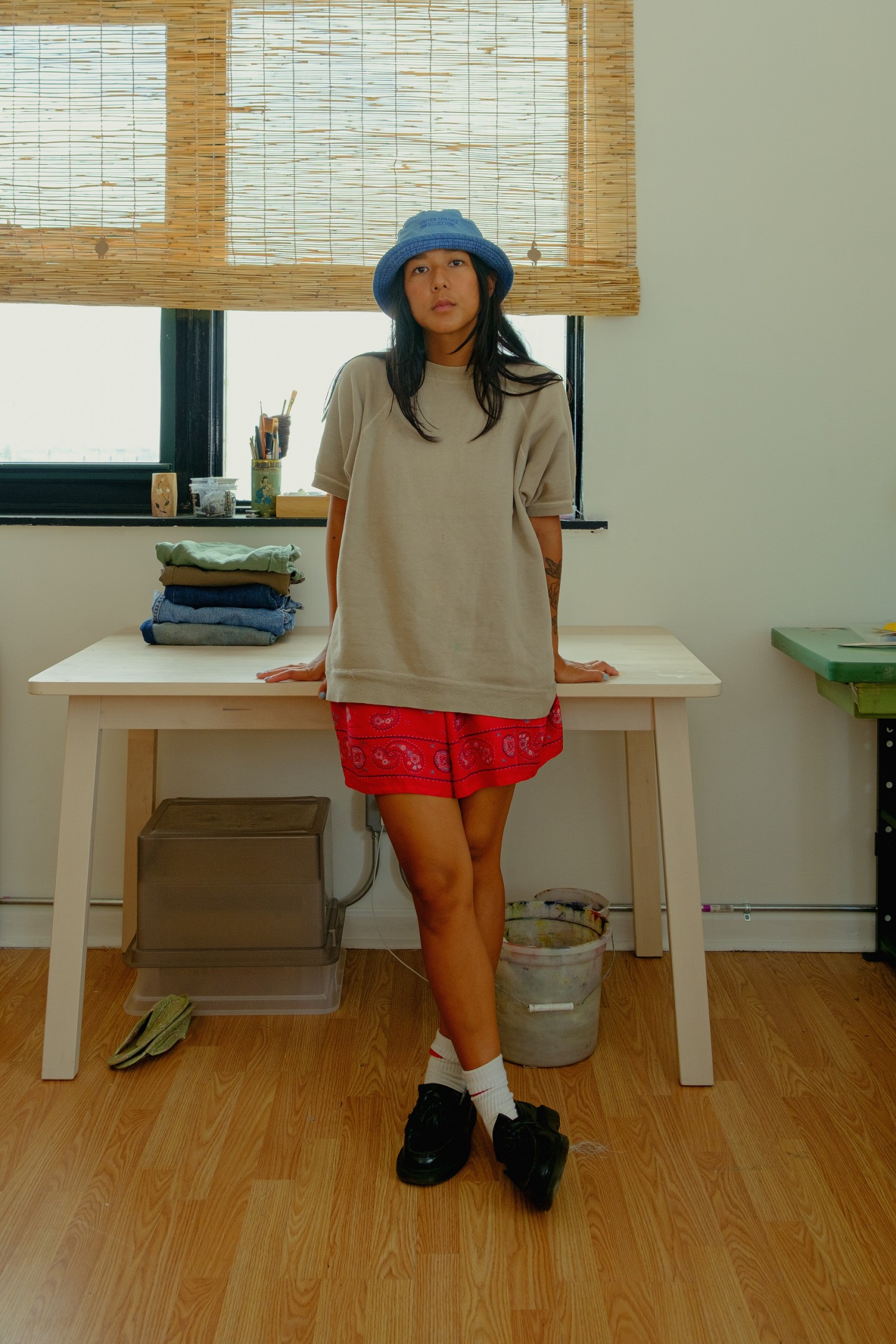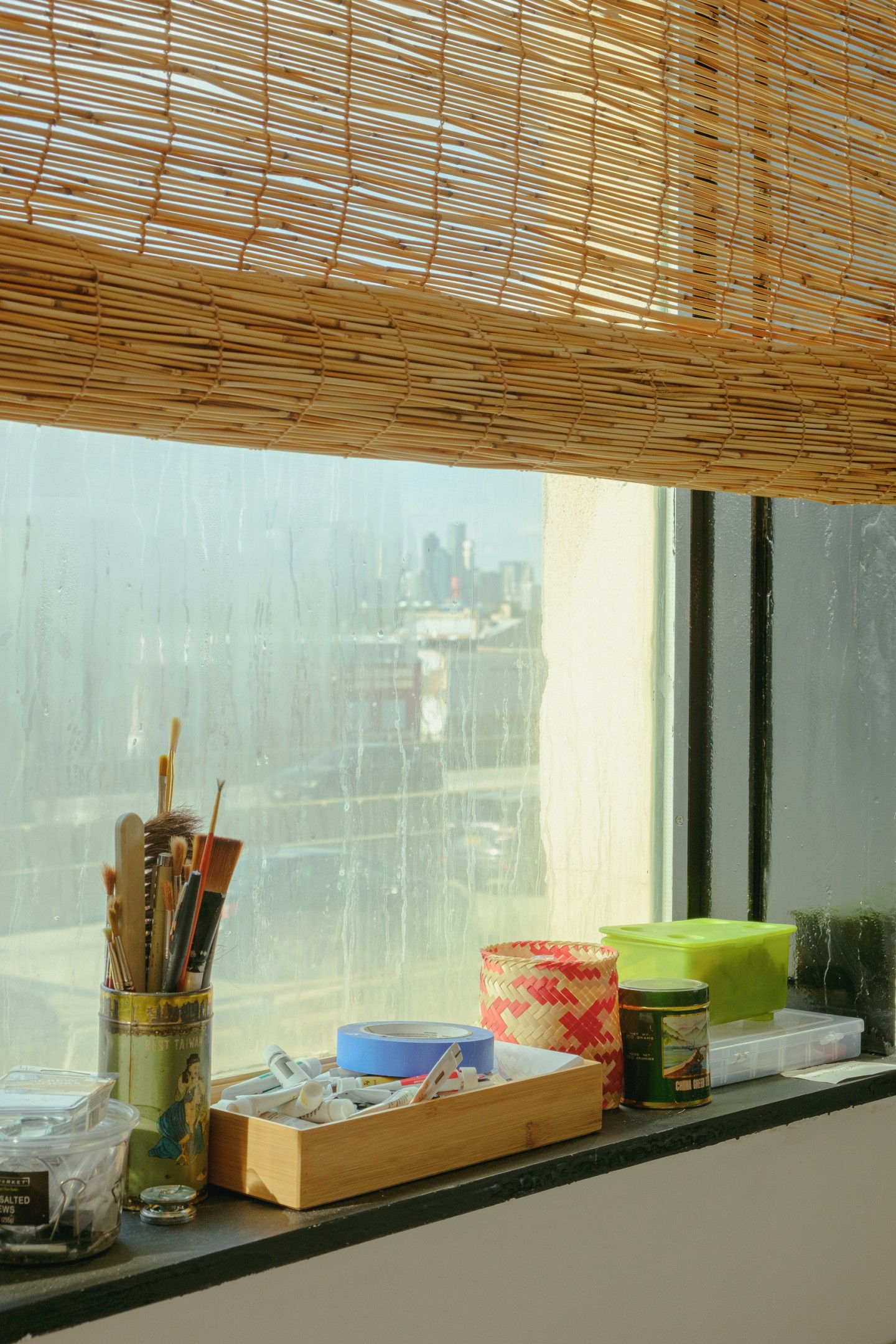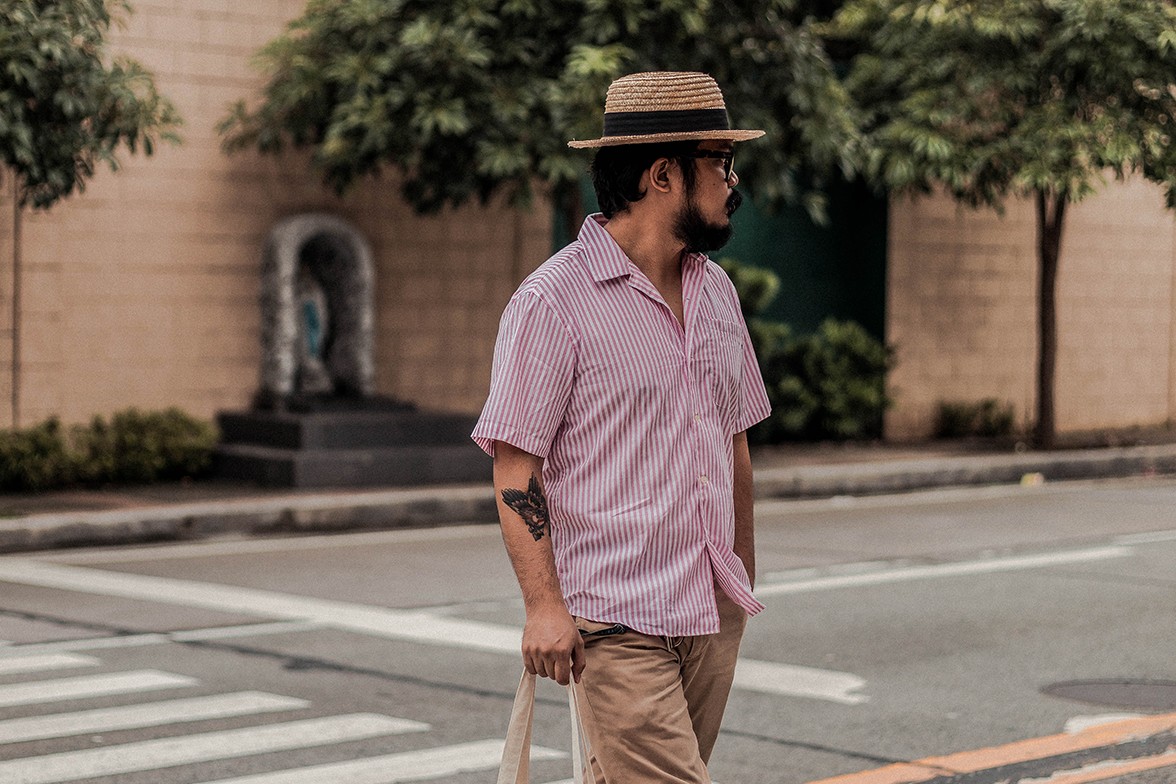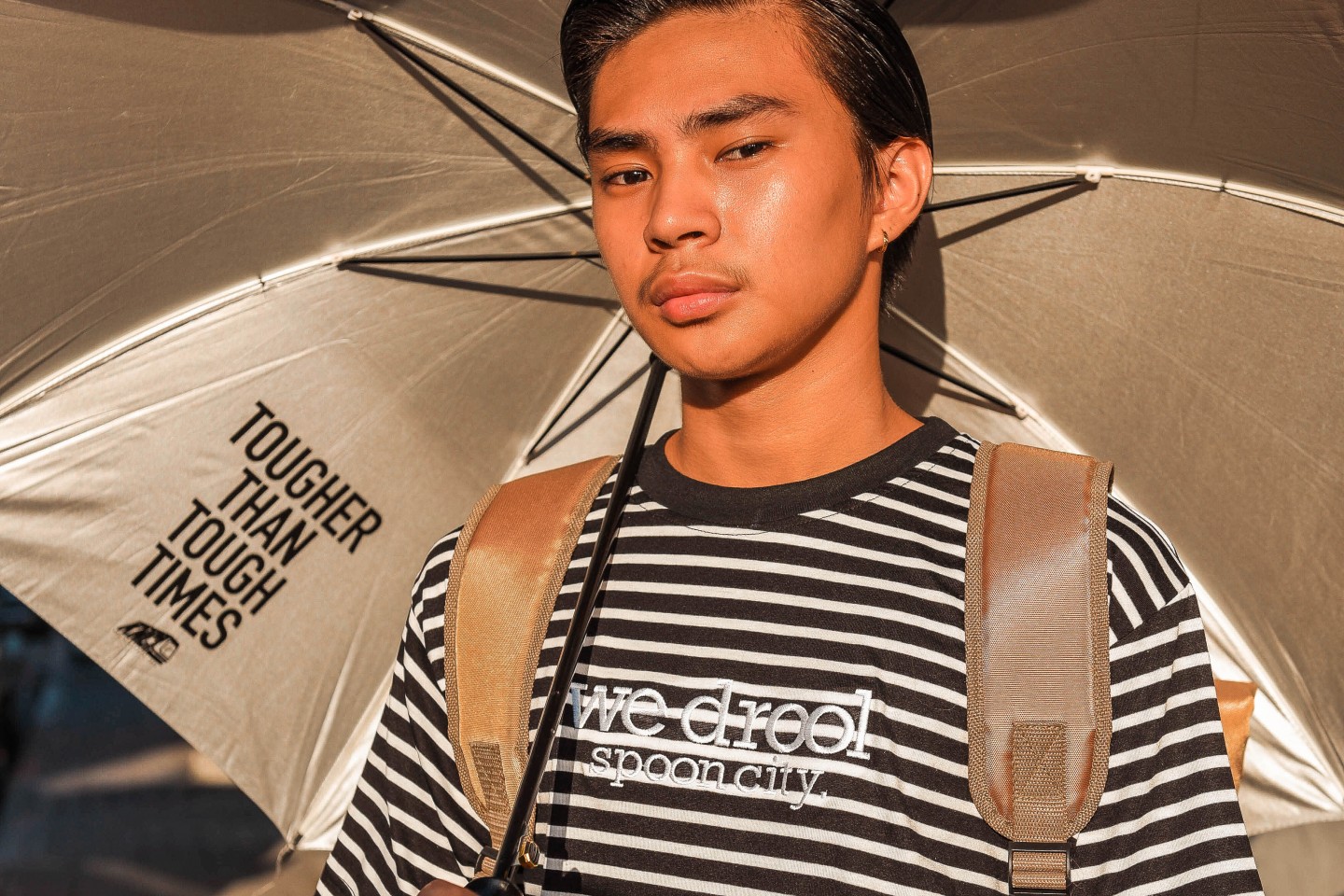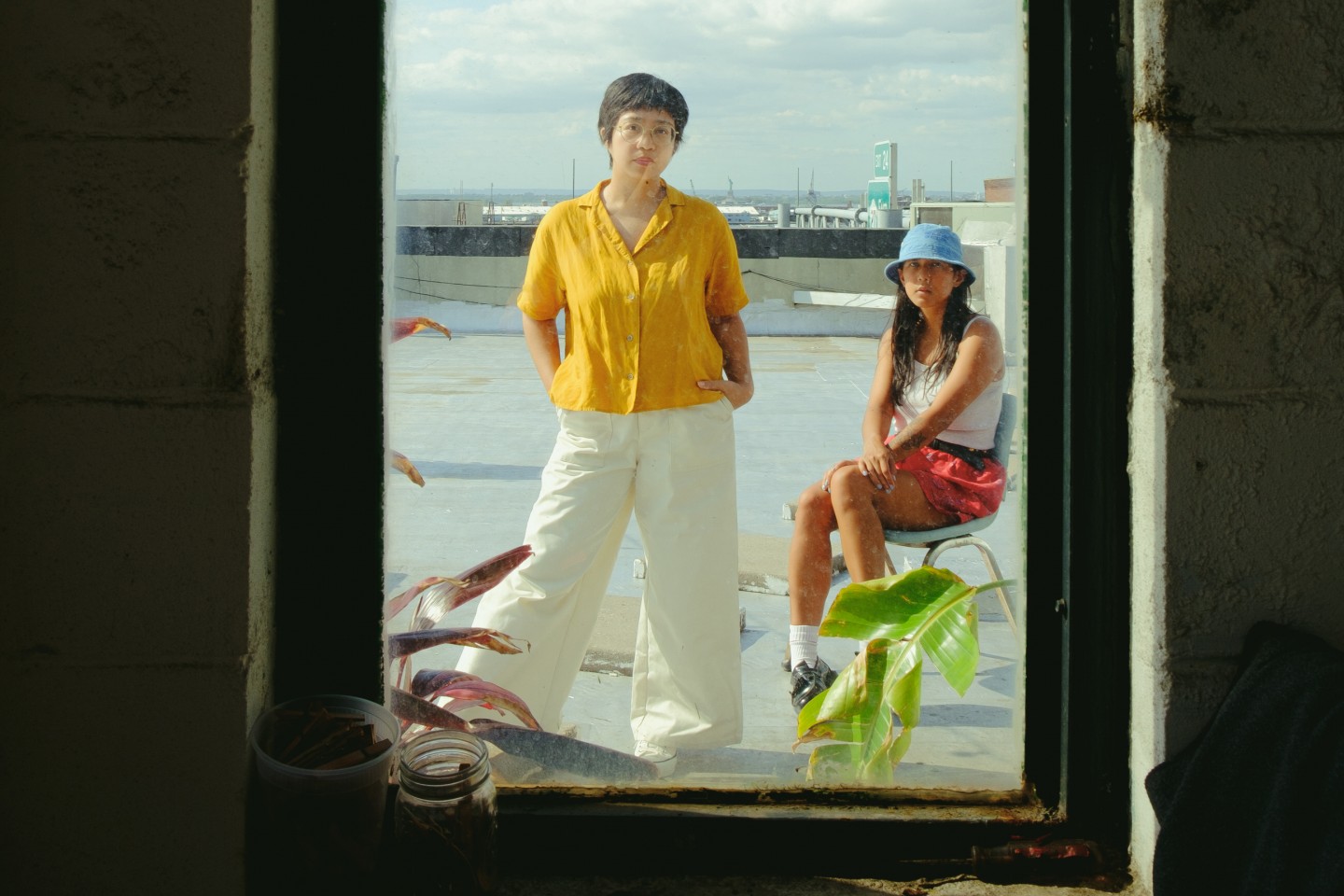
The Filipino identity plays a pivotal role in our lifeline. It fuels the culture that we practice and marries the customs and values that nestle within our daily lives. Growing up in our native country means that we are bred to speak, think, and act in accordance to our culture, but it is far too different with the Filipinos who were born and raised abroad. They either stomp on the Filipino flair in them, or strive to become fluent in our practices. For Sari-Sari, it has picked up the latter.
Sari-Sari is the New York-based brainchild of Marielle Sales, Gabriella Mozo, and Mal Tayag. There is no singular description on what their business works on. It touches on e-commerce, a platform to showcase artistic talents of Filipinos through handmade products, and a studio procuring a spirited sphere where the team’s creativity is illustrated and fostered. But there is a pervasive motif that has united Sari-Sari and kept charging the reason it was built: the Filipino culture.
Marielle and Gabriella founded the venture in 2018 to build a community of Filipinxs, a gender-neutral term that they have used since Sari-Sari’s birth, for Filipinos in the East Coast. The nook they created brings people together in a space where they can share stories, make crafts, and expose creative talents, all while dabbling in the essence of the Filipino-ism. A year after, Mal joined the team after her trip to New York, and the three have worked together since then. “I hadn’t found a community like Sari-Sari so discovering it was empowering. Once I got involved, I knew I could learn and explore more on the Filipino culture. Now, there’s three of us working hands-on and collaborating with amazing people who have also jumped in to help us,” says Mal.
In Image — Gabriella Mozo and Marielle Sales / Images — Jed Abbi
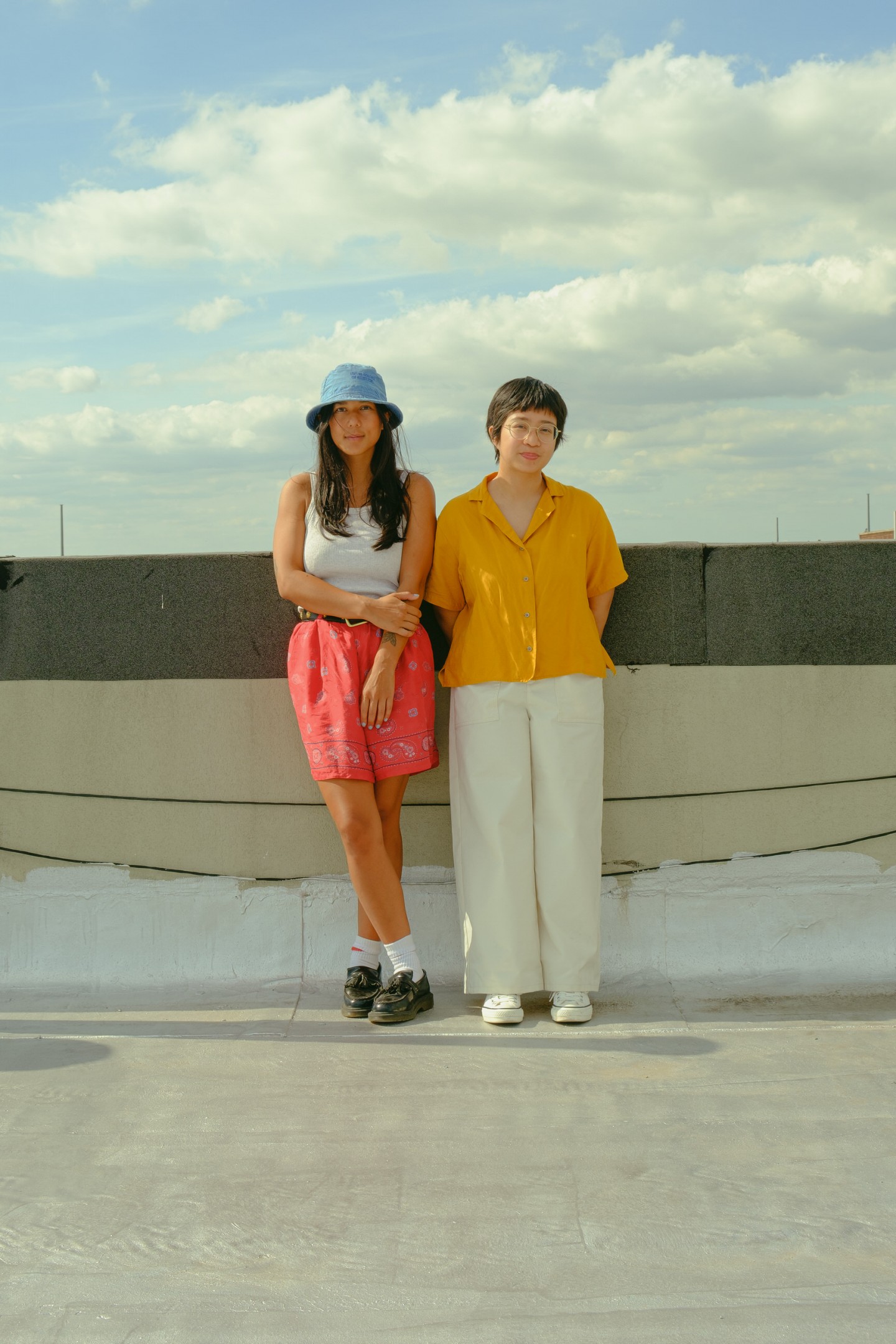
There is a somber sensation that drifts over the talk about the Filipino ethnology. Marielle says that no one has narrated our roots, so she and Gabriella decided to take the matter into their own hands that catapulted the genesis of Sari-Sari. “This is a way to interpret our culture and give credits to it. I’ve worked in the fashion industry and some people have drawn their influences from our culture without meriting us. I’ve been getting fed-up not being able to see our voices out there,” says Marielle.
Diving deeper into the spread-out Filipino culture in New York, Sari-Sari builds a touchpoint for the first generation of Filipinos to tap into the ins and outs of their motherland. It is almost a spiritual journey where they unravel the depth of the customs based on the environment they grew up in and the experiences that immigrants have passed on to them. Marielle, Gabriella, and Mal had limited access to what our culture was while growing up that would have opened their eyes to the way we personify our values. Now that they have found the means, they want to amplify it and remind Filipinos born abroad that circling back to where we came from is possible and encouraged.
Sari-Sari is a hallmark of Filipino representation to the pluralism that lives in The Big Apple. It is more than just an enterprise selling Filipino-made goods. It is a long-form visual story that shows how diverse our people are, contrary to the belief and media’s representation that we are monoliths. “What we want to impart to the international audiences is that there isn’t one kind of Filipinos. Just like with any other culture, there isn’t a homogenized kind. People should understand that the Filipino diaspora is very nuanced and that’s fine,” says Gabriella.
Immersing themselves in our community pushes the trio to listen closely to the insights of the Filipino voices. For them, every experience of Filipinos with the culture is valid, but this reason falls on deaf ears to some immigrants. It is inevitable that they have faced drawbacks over their “misinterpretation” of what and who a Filipino is, but the trio relays that they value every perspective they receive throughout their journey, understand where it comes from, apologize for any misunderstanding they might have caused, and cross-correct to guarantee the facts.
Sari-Sari then demonstrates an interplay between what its family has experienced within the diaspora abroad, and what narratives immigrants have shared to them about the culture in the Philippines. In the end, the pressure that weighs heavy on their shoulders dissipates as they acknowledge that they cannot please everyone. What matters to them is that they strive hard to curate a community fueled with desire to know and be more open to the different spectrums of our values, heritage, and ways of life.
Sari-Sari originated with two households and since then has undergone a revamping. Sari-Sari runs four engines that reverberate the facets of the Filipino culture. Sari-Sari General Store is at the vanguard of the venture which offers Filipino-crafted goods such as a handwoven abaca- and rattan-made plant vase, and a native cotton-crafted rug. It is an ode to Filipino creatives and artists that paves a way to amplify their talents and merchandises across the globe.
The creative house of Sari-Sari Studio produces online and offline contents and hosts events that empower the Filipino diaspora. One of their projects is the Drunk Tagalog video slash game series where in every episode, three Filipino-Americans play and try to translate English phrases to Tagalog.
In the post-lockdown setting, the trio is about to launch Sari-Sari Foods which will sell homemade Filipino food. “We’re thinking of developing in-house recipes and testing them around the neighborhood to see if people like it,” says Gabriella. During the lockdown period, Gabriella points out that Marielle has been baking batches of her own rendition of Ube Halaya which will be at the forefront of the products they will offer.
“Then, we’re also launching Sari-Sari School. It’ll be our very own e-learning platform with short courses about the Philippines to explore the topics we’re curious about. We want to touch on the Philippine and Filipino-American Histories, the background of colonization and its aftermath mentality, and mental health and well-being issues. We want to cultivate the minds of those who want to discover the nuts and bolts of our culture. We’re working with the field experts per course, and we’re excited to go live soon,” says Mal.
The expansion is not yet over. Sari-Sari is on the verge of establishing the Sari-Sari General Funds program for start-up businesses and entrepreneurs. 10% of their total revenues is allocated for the pool of grants that are bestowed to entrepreneurs, especially to Filipino, Black, and Indigenous people. To put the cherry on top, the trio will provide free business consultation to gear up the running-a-business strategies of the entrepreneurs.
With the seedlings that they have planted for the past few years, Marielle, Gabriella, and Mal are bound to harvest Sari-Sari’s heaping fruitage. Their contagious voice of a collective Filipino community for the first generation children abroad will soon diffuse across the globe. “Sari-Sari is a place where people can meet other people, share their own experiences about the Filipino culture and being a Filipino. It’s a nurturing space where everyone can learn from each other and be open without any judgment while showcasing and discovering more about what we do, how we live, and who we are,” says Marielle.
Filipinos embody a kaleidoscope of adjectives. It is almost impossible to fit who we are in a single description. Just like Sari-Sari, we are a multitude of voices with webs of backgrounds and experiences. And if there is a shoestring that ties us all together, it is our novel interpretation of the Filipino culture, lulling us back to our roots.

